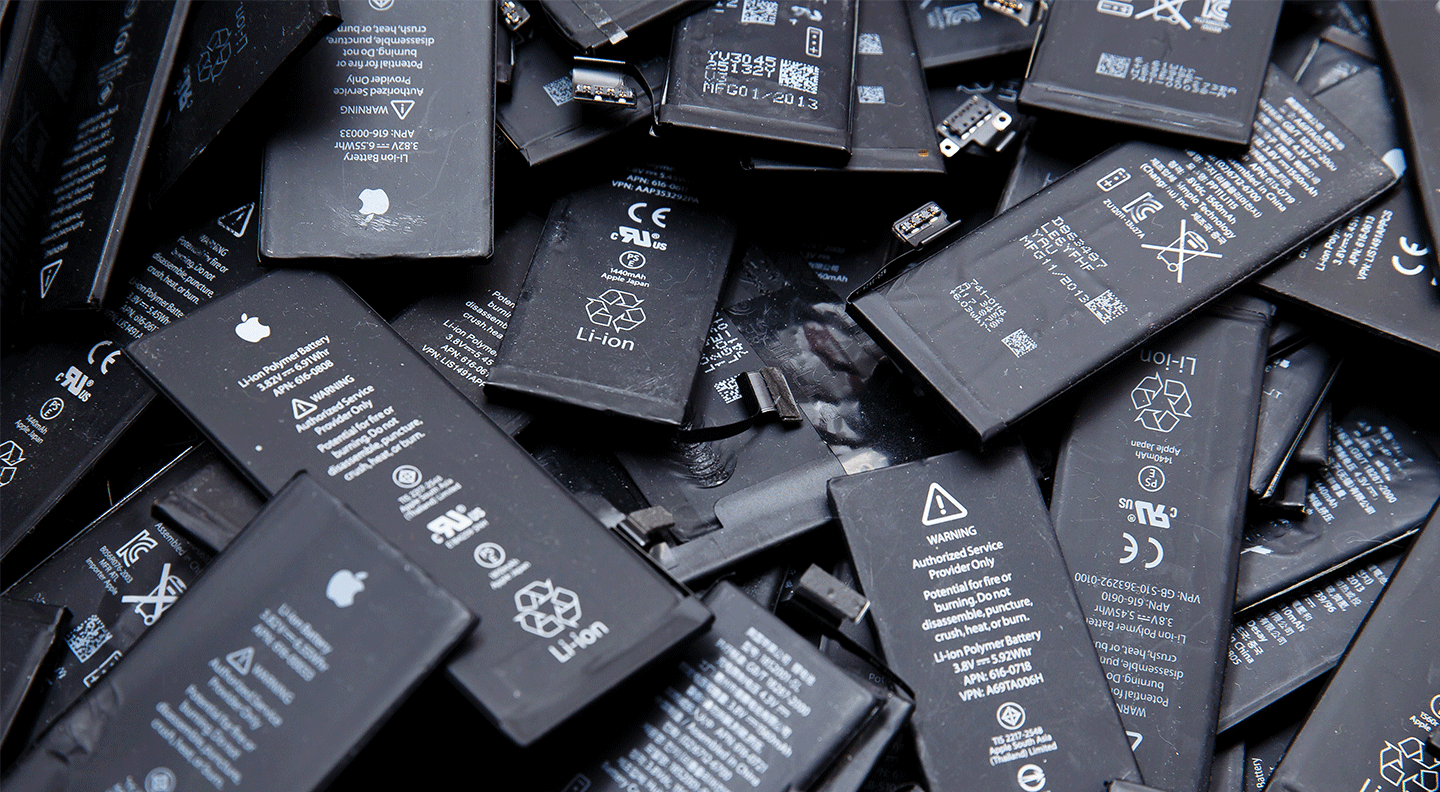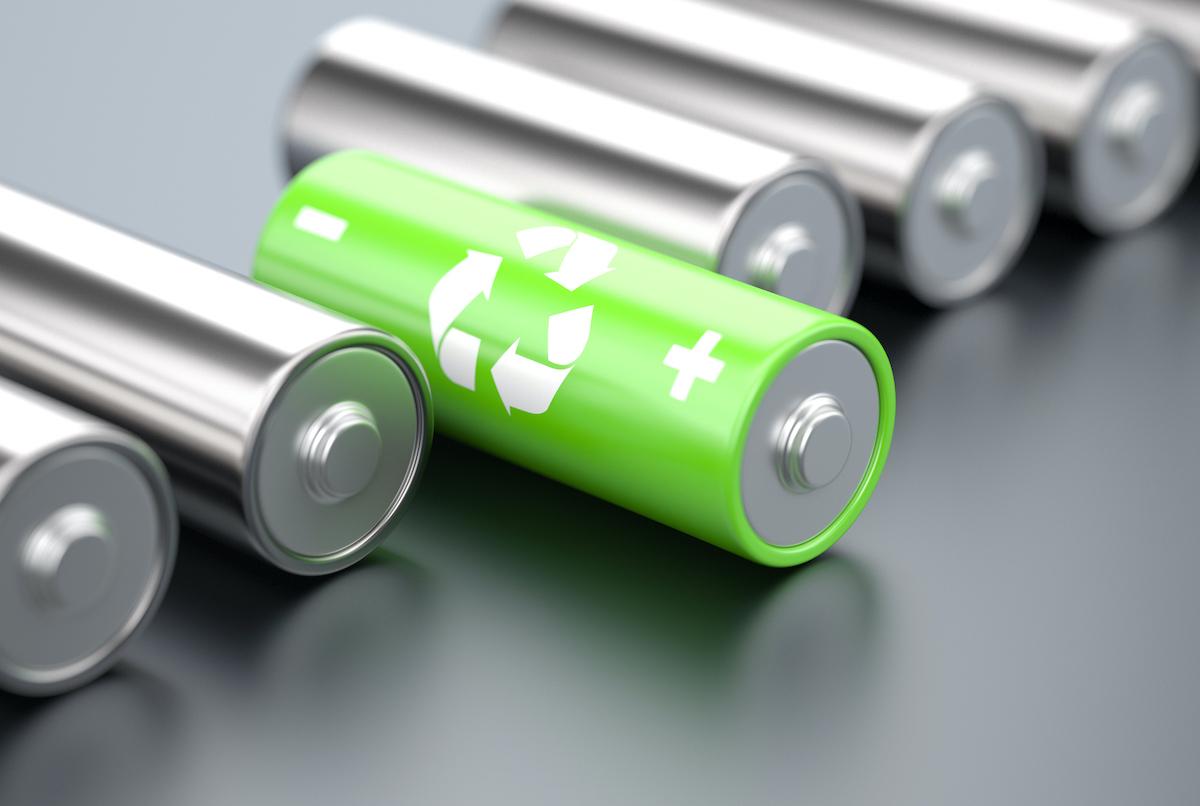

“Zero mercury” or “zero percent mercury”: Button-shaped and hearing aid batteries may contain mercury, which is a toxic heavy metal. We examined the environmental claims you might spot on a packet of household batteries. ᴬlithium iron phosphate batteries not collected. Kawerau and Ruapehu District Councils and the Whanganui Resource Recovery Centre store batteries at own facilities.


STORED indicates batteries stored at central depot (Abilities in Auckland, E-Cycle in Auckland, Ecotech in Christchurch or IT Recycla in Auckland and Wellington) for recycling at an unspecified future date. Table does not include annual waste collection events. Drop-off points were not included if export permits were not confirmed. Exporting e-waste is a permitted activity and companies currently exporting batteries were asked for confirmation of permits. GUIDE TO THE TABLE Drop-off points listed in alphabetical order, by region. Please select your region from the drop-down list. There are a few exceptions: Nelson City Council’s service centre and transfer station, Tasman District Council transfer stations and Raglan’s Xtreme Zero Waste facility only accept specific types of battery. This makes it easier for consumers, so they don’t have to try to tell a non-rechargeable lithium battery from a rechargeable lithium-ion one. Most schemes accept all 10 types of household batteries, despite the issues with recycling viability. If you’re being asked to part with cash and the reason for the charge isn’t clear, ask what the money’s used for. Seventeen always charge a fee, typically by weight. The majority of the 77 drop-off points we surveyed accept batteries at no charge. Companies we spoke to said this will require an affordable overseas recycler that accepts the battery and sufficient quantities for shipping or an onshore plant. Many types are being stored at central depots until recycling becomes financially viable (see our Table). This means batteries collected here aren’t guaranteed to be recycled any time soon. An estimated 0.2% of household batteries purchased across the country are recovered and re-processed to make new products, according to a 2013 report.Ī major issue is there are no companies capable of recycling batteries in New Zealand – they have to be shipped overseas, often to Australia or Japan. Unfortunately, battery recycling is still in its infancy here. Demand for lithium saw the average US price double between 20. If we want to make the switch to electric cars, we’ll need to preserve metals such as lithium, as it powers the vehicles’ rechargeable batteries. However, landfill isn’t the best option as some substances in household batteries are rare and valuable. In New Zealand – they have to be shipped overseas, often to Australia They’re often encased in concrete, which then goes to landfill, to prevent them leaching.Ī major issue is there are no companies capable of recycling batteries If you choose the former, the batteries are treated to stabilise them. So if they don’t belong in household bins, where should they go? You’ll have to drop them off either at a hazardous waste collection site – typically located at your council’s transfer station or landfill – or with a battery recycling scheme (see our Table). If they end up in the landfill, these substances may leak out and into surrounding soil and ground water. If these batteries are tossed out with your kerbside rubbish or recycling, the hazardous substances they contain could cause a fire in the collection truck or the recycling plant.


 0 kommentar(er)
0 kommentar(er)
